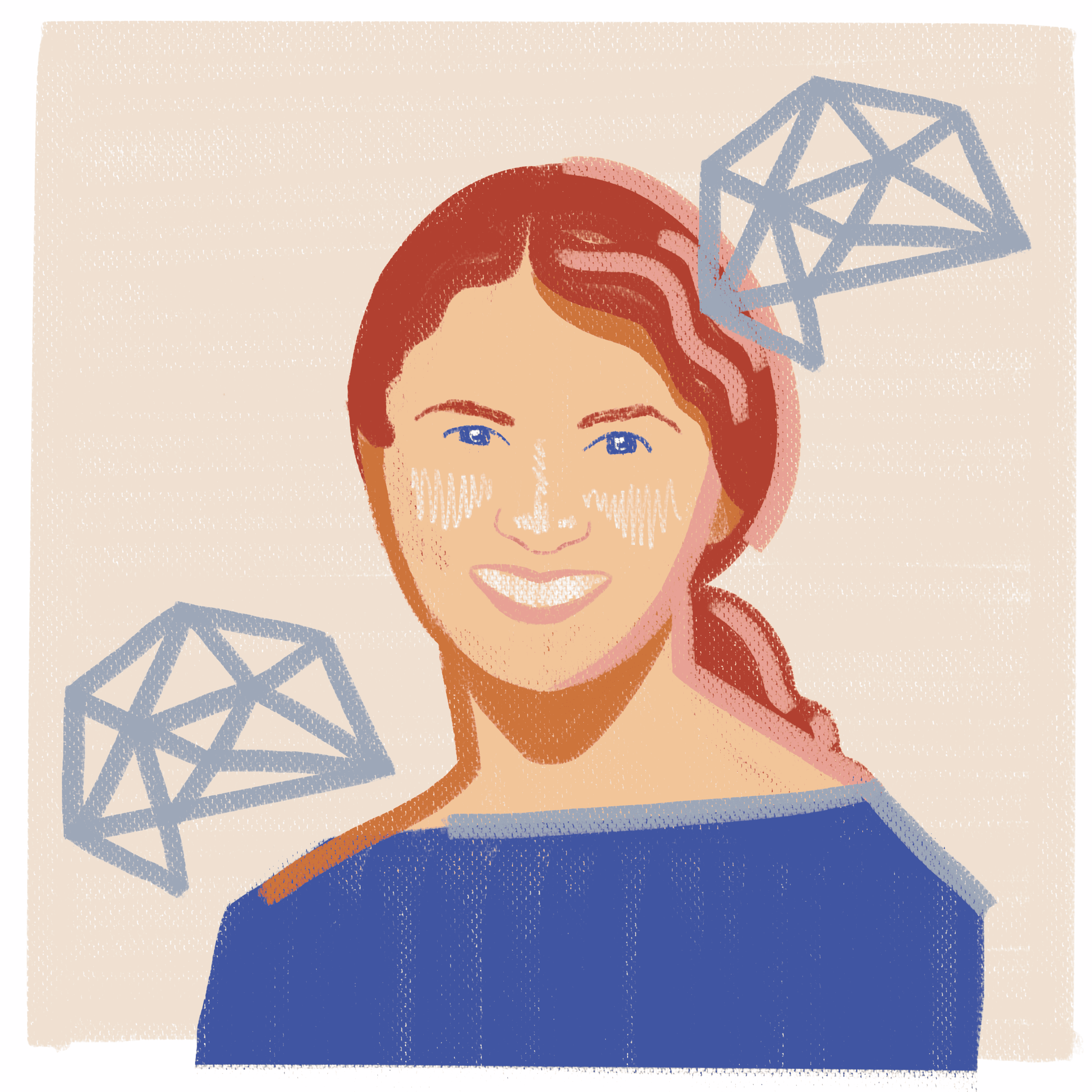Professor Carla Maria Dal Sasso Freitas

Carla Maria Dal Sasso Freitas is a Full Professor at UFRGS, where she completed all her studies in higher education, from her BA in Data Processing to her PhD in Computer Science. She has served as a postdoctoral fellow at the International Computer Science Institute and at the Lawrence Berkeley National Laboratory, in Berkeley, USA. Her research interests include Data Visualization and Human-Computer Interaction. She has over 170 publications, including articles, book chapters and event proceedings.
Since she joined UFRGS as a professor, she has advised over 100 students (graduate and undergraduate) in the area of Computer Science. More than 20 of these alumni went on to pursue academic careers in universities in Brazil and abroad. Freitas coordinates and participates in national and international research projects involving other institutions. She has been invited to coordinate event committees around the world in her area of expertise.
She is an active member of evaluation committees, such as CNPq’s CA-CC, CAPES’ evaluation board (2017), and the evaluation committee of Prêmio CAPES de Teses (2021). She was the first woman to serve as vice-director and the first to serve as director of UFRGS’ Institute of IT. She is currently in her second term as director. She has served as a director of the Brazilian Society of Computing (SBC) and president of the Special Commission of Computer Graphics and Image Processing of that society.
“People have different views of the world, and the gender they identify with, the area they were raised or school they went to have an impact on it. The diversity of views and interpretations of the world have a positive impact on problem solving. From the point of view of Computing, where methods and systems are developed that often have an impact on an entire population or specific groups, this diversity is fundamental for the success of solutions and initiatives. And this can only be achieved with a balanced number of individuals of different genders in the same environment, as well as other inclusion actions that are equally necessary.”


